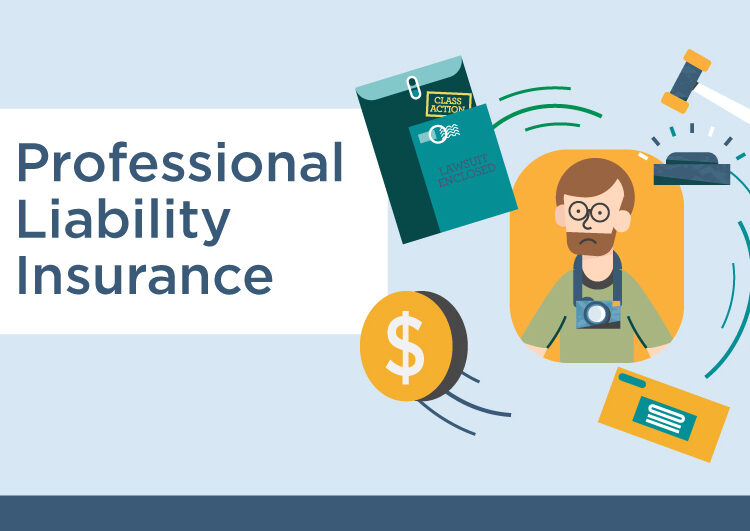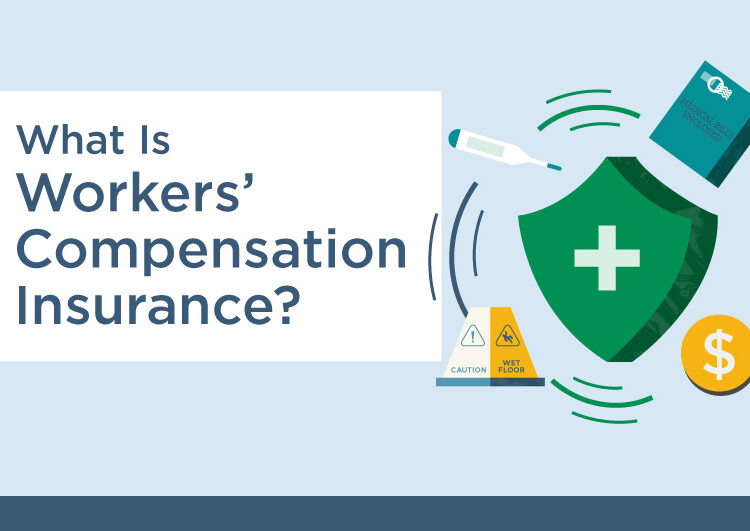Many people believe in at least one conspiracy theory. And that’s not necessarily a bad thing — conspiracies happen.
To cite just one example, the CIA, the American intelligence agency, actually engaged in illegal experiments in the 1950s to identify drugs and procedures that could result in confessions from captured spies.
However, many conspiracy theories are not supported by evidence but still attract followers.
For example, in a previous study, we found that about 7% of New Zealanders and Australians agreed with the theory that visible contrails behind aircraft are “chemtrails” (“chemical traces”) of chemicals sprayed as part of a secret government program. That although the hypothesis has been widely rejected by the scientific community.
The fact that conspiracy theories attract followers despite a lack of reliable evidence remains a puzzle for researchers in psychology and other departments.
In fact, there has been a large amount of research on conspiracy theories published in recent years. Now we know more about how many people believe themas well as about the psychological and political factors that correlate with this belief.
However, we know much less about how often people change their minds.
Do they do this? Or do they stand firm in their beliefs, regardless of the evidence presented?
From September 11th to Covid-19
We set out to answer this question using longitudinal research. We recruited 498 Australians and New Zealanders using the website Prolific, which invites people to take part in paid surveys.
Every month, from March to September 2021, we present our sample with a questionnaire, including ten conspiracy theoriesand we asked how much they agreed with each of them.
All theories were relating to allegations about events that were ongoing or occurred in this millennium: the September 11 attacks, the launch of 5G telecommunications technology and the covid-19 pandemic, among others.
Although there were definitely people who believed in the theories in our sample, the majority of participants disagreed with each of them.
💊💊💊 most popular conspiracy theory was that “pharmaceutical companies (‘Big Pharma‘) hide the cure for cancer to protect their profits.” About 18% of the sample group agreed when initially asked.
A less popular was the theory that “covid-19 vaccines contain microchips to monitor and control people”. Only 2% agreed.
Belief in conspiracy theories is not increasing
Despite contemporary concerns about a “disinformation pandemic” or “infodemic,” We found no evidence that beliefs in conspiracy theories have increasedon average, over time.
This happened despite our data collection taking place during the tumultuous second year of the Covid-19 pandemic. They were still being imposed lockdowns from time to time in both Australia and New Zealand, and anti-government sentiment was running high.
Although we only followed participants for six months, Other studies conducted over much longer periods have also found little evidence that beliefs in conspiracy theories are increasing..
Finally, we verify that the beliefs (or disbeliefs) in conspiracy theories were stable — but not completely fixed. Regarding a given theory, the vast majority of participants were “consistently skeptical”, not agreeing with the theory at any point.
There were also some participants who were “consistent believers,” agreeing with every survey point they responded to. For most theories, this was the second largest group.
👉 However, for every conspiracy theory, there was also a small proportion of converts. They disagreed with the theory at the beginning of the study, but agreed with it at the end. In addition to a small proportion of “apostates”, who agreed with the theory at the beginning, but disagreed at the end.
But the percentages of converts and apostates tended to balance each other well, leaving the percentage of those who believed relatively stable over time.
Inside the ‘rabbit hole’
This relative stability is interesting, since One criticism of conspiracy theories is that they may not be “refutable”: What appears to be evidence against a conspiracy theory may simply be dismissed by those who believe it as part of an attempted cover-up.
However, it is evident that people sometimes decide to reject conspiracy theories that they previously believed.
Our findings question the popular notion of the “rabbit hole”according to which people quickly develop beliefs in a succession of conspiracy theories, much like Alice falls into the fantasy world of Wonderland, in Lewis Carroll’s classic.
Although it is possible that this happens to a small number of people, our results suggest that this is not a typical experience.
For most, the journey toward belief in conspiracy theories may involve a more gradual slope—more like a real rabbit hole, from which it is also possible to climb out.
*Matt Williams is a professor of psychology at Massey University in New Zealand.
John Kerr is a researcher at the University of Otago, also in New Zealand.
Mathew Marques is a professor of social psychology at La Trobe University, Australia.
Mathew Ling (Neami National), Stephen Hill (Massey University) and Edward Clarke (Philipps-Universität Marburg) contributed to the research mentioned in this article.
‘What if I throw my cell phone out the window?’: What are intrusive thoughts













